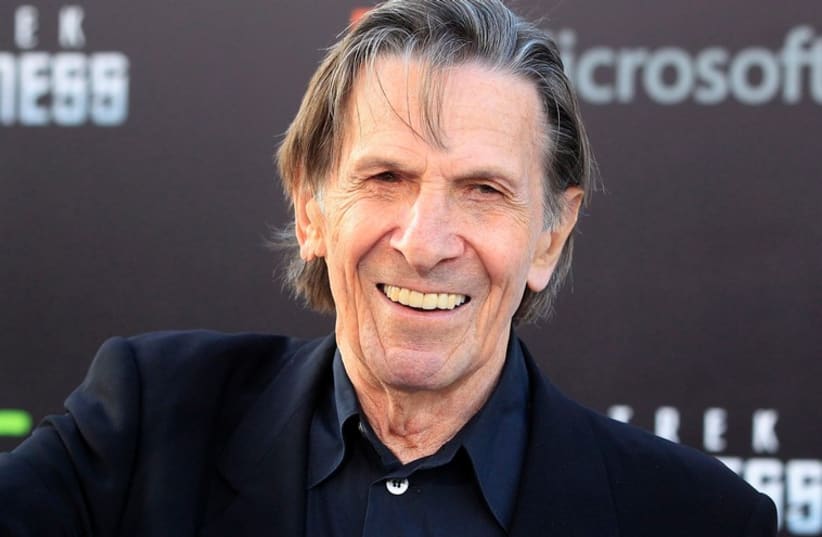Remembering Leonard Nimoy: Behind those pointy ears, a ‘nice, earnest Jewish boy’
This article was originally published in The Jerusalem Post in 1991. In the wake of Leonard Nimoy’s February 27 death, the piece is being republished with the permission of the author.
